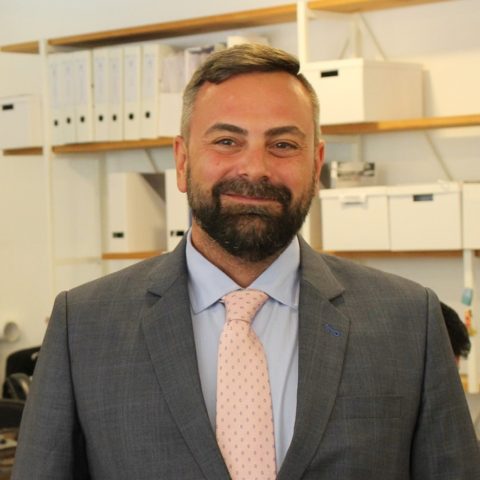The World Green Economy Summit outlined strategic plans for a green economy, which help reduce pressure on natural resources and spur economic growth through the creation of green jobs
Dubai, UAE, 26 November 2017: In a legacy economy, the annual growth would allow predictions on the number of jobs created. The conventional labour market, especially in mature economies of the “western world” would allow for little uptake of jobs in the market, either as staff turnover or from the population qualifying for retirement. Altogether, growth and job opportunities would allow for a limited opportunity of youth entering the job market due to the lack of experience and adversity to risk.

However, the job outlook is changing. And change is gold. Actually, change is green. As the world transitions to a resource efficient, low carbon and inclusive green economy, a new range of green jobs are being created and new skills are being sought, as businesses are forced to transform the way they operate to respond to growing changes in the population and condition of the climate. The World Green Economy Summit (WGES) 2017 has underlined and outlined strategic plans for a green economy, which help reduce pressure on natural resources and spur economic growth through the creation of green jobs. A report from the International Renewable Energy Agency( IRENA) indicates that the global renewable energy sector employed 9.8 million people in 2016. Solar photovoltaic (PV) represents the largest employer with 3.1 million jobs, up 12% from 2015, clearly demonstrating the growth in the green energy sector.
Green economy promotes a triple bottom line: sustaining and advancing economic, environmental and social well-being. It facilitates green jobs which are central to enabling sustainable development and responding to global challenges for this generation, as well as future ones. Furthermore, green economy allows for youth to take the lead in many technology-centric platforms.
Green collar jobs, which would be jobs that include the expected solar panel or wind turbine worker and engineer, will be matched by additional new roles to be created across a far more diverse range of businesses. As part of the Dubai Industrial Strategy 2030, an initiative which aims to make the city a global platform for knowledge-based and sustainable businesses, 277,000 jobs are planned in the coming period, from which a large proportion are expected to be green jobs.
In principle, green jobs can be found in all sectors of an economy and all sectors and jobs can potentially become greener. Whether in a call centre, a hospital, retail or engineering, the transition to an inclusive green economy will present numerous opportunities to asses and address the impact economic activities have on the environment and call for transformation of the behaviour of individuals, institutions and society at large.
The creation of inclusive economies is at the core of promoting green economies that are low-carbon, resilient and sustainable. While significant progress has been achieved over the past two decades, poverty remains a world-wide challenge and enhancing minorities and women’s participation in the green economy will be key in ensuring all can contribute to and benefit from this transition.
As the world adopts a wide range of policies that aim at encouraging the creation of green jobs, Dubai demonstrates leadership by adopting national “green growth” and “low carbon” strategies . These support the This supports Dubai Plan 2021, Dubai Clean Energy Strategy 2050, for Dubai to have the lowest carbon footprint in the world by 2050, and the Dubai Carbon Abatement Strategy to cut carbon emissions by 16% by 2021. At WGES 2017, participants not only had information about the varied opportunities available regarding green jobs, but also had direct access to explore sector specific jobs.
Clean energy expansion is generating thousands of new jobs while meeting climate and economic goals. With this tremendous opportunity, the UAE, and Dubai in particular, is demonstrating the region’s leadership position in generating employment in this field for both men and women alike. The expanding green energy job sector is a result of the country scaling up renewables to enhance access in the face of rising energy demands.
With countries of the world redefining and setting the universal sustainable development agenda, WGES 2017 has presented economic models that promote inclusive and sustainable economic growth. In addition, the Summit presented how green jobs provide multiple benefits to the region by attracting and scaling up green local and foreign investment and technologies, decreasing waste and emissions, encouraging resource efficiency and ultimately improving the quality of life and ensuring sustainable societies.
Providing straightforward solutions and opportunities in green jobs, WGES 2017 focused on ‘Driving Innovation, Leading Change’.
